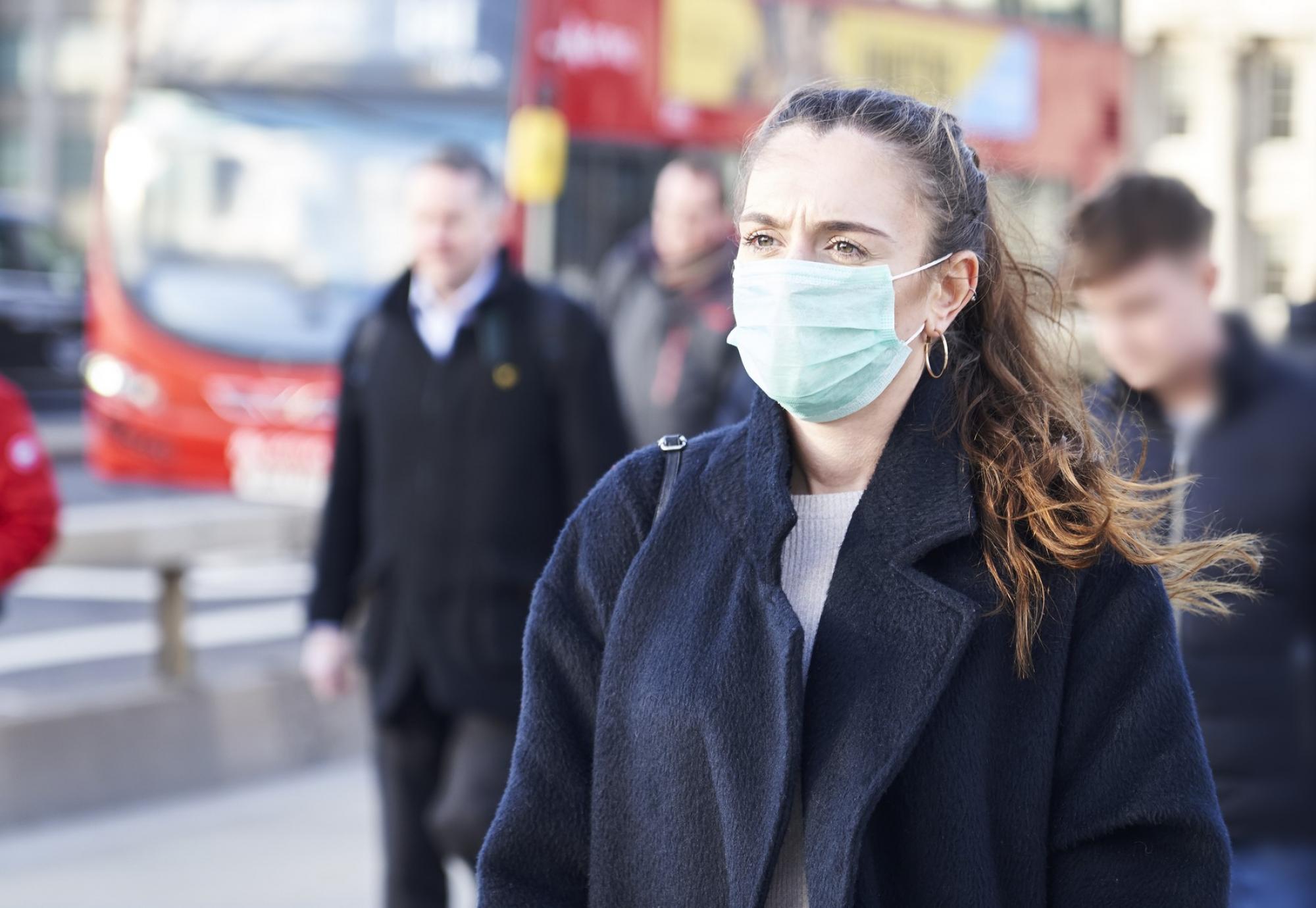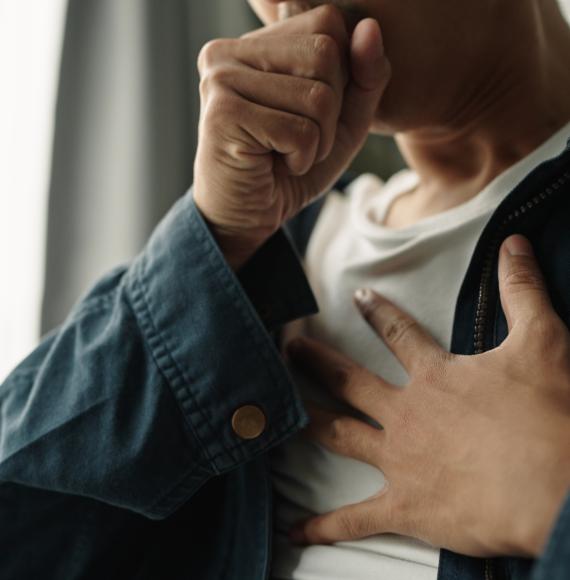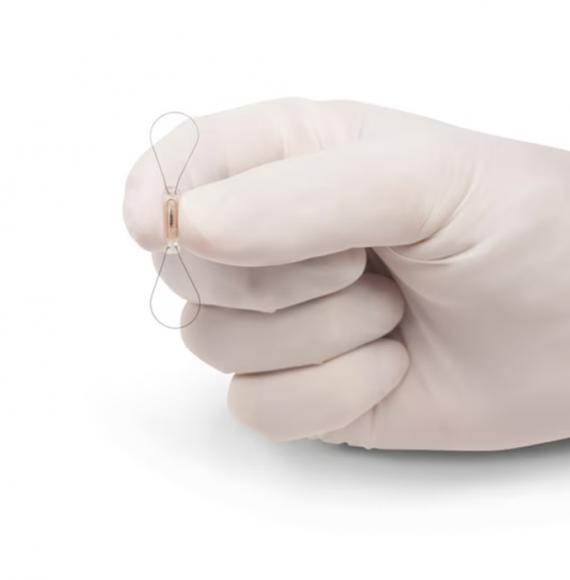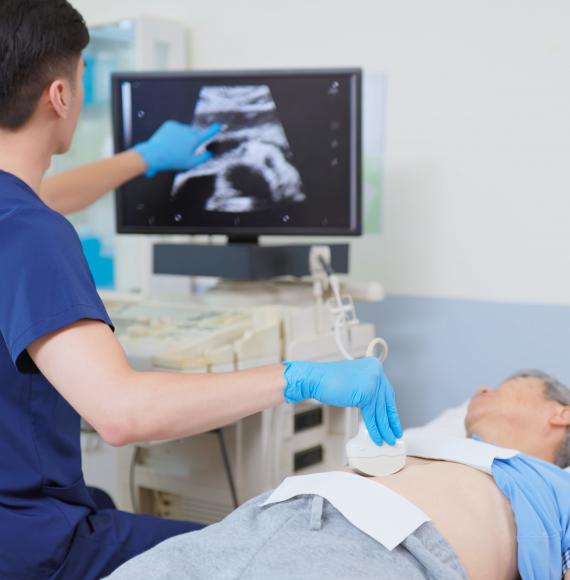The Scottish Intercollegiate Guidelines Network (SIGN), NICE and the Royal College of General Practitioners (RCGP) have today (30 Oct) released more details about the impending guidelines on post-Covid syndrome which is due to be published by the end of year.
The guideline scope published today, which you can view here, illustrates post-Covid syndrome (also known as Long Covid) as signs and symptoms that emerge during or following an infection consistent with Covid-19 which remain for more than 12 weeks and are not explained by any other diagnosis.
It says the condition usually presents with clusters of symptoms, often overlapping, which may change over time and can affect any system within the body. It also notes that many people with post-Covid syndrome can also experience generalised pain, fatigue, persisting high temperature and psychiatric problems.
Paul Chrisp, Director of the Centre for Guidelines at NICE, said: “Recovery from any infectious illness can take time and although most people with COVID-19 will recover completely within a few weeks from the onset of symptoms, we know that a sizeable minority will continue to have symptoms for 12 weeks or more afterwards, regardless of how ill they were initially or whether they were hospitalised.
“This is a new condition and there is still a lot we don’t know about it. Our aim is that the post-COVID syndrome guideline will begin by setting best practice standards of care based on the current evidence but, as our understanding of the condition grows, be adaptable and responsive to new evidence as it emerges.”
Safia Qureshi, Director of Evidence for Healthcare Improvement Scotland, of which SIGN is a part, said: “We understand that Long COVID is creating great distress and uncertainty for those affected, and that the NHS requires the best available advice to support people effectively, even as we continue to seek to understand it. The scope report is a first and vital stage in the production of a guideline which aims to identify symptoms and outline treatment options. We’re delighted to work with NICE and the RCGP on this important piece of work.”
Professor Martin Marshall, Chair of the Royal College of GPs, said: “Before we can effectively diagnose, treat and manage a condition, we need to know what we’re dealing with, so it’s encouraging to be making such rapid progress in this regard as we work with NICE and SIGN to develop this important guidance. The prolonged health effects that some patients experience after contracting COVID-19 can have a terrible impact on their lives – and as GPs, we want to do what we can to help them.
“Now that we are clear about its scope, we can move forward in developing guidance, based on the latest evidence, to support GPs to deliver the most appropriate care and support to patients suffering with the long-term effects of COVID-19 in the community. This guidance will need to evolve as our understanding of the condition grows through clinical experience and robust research.”



















